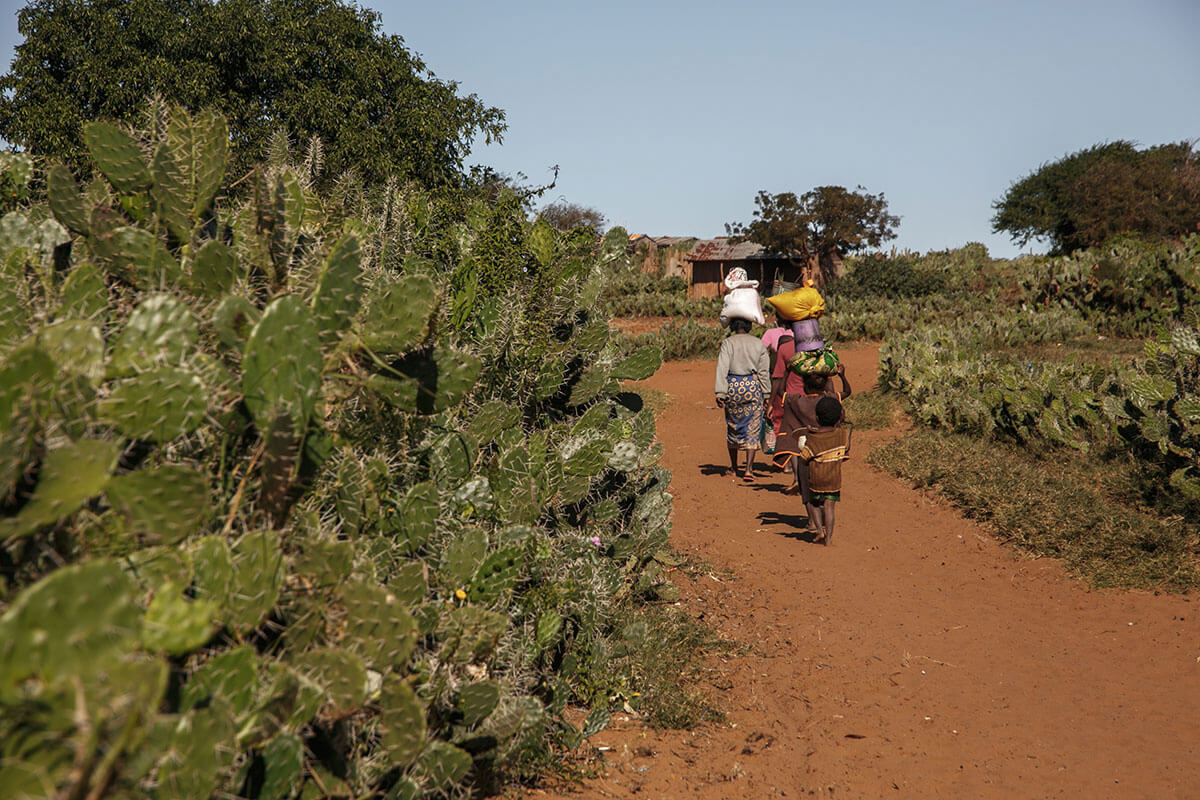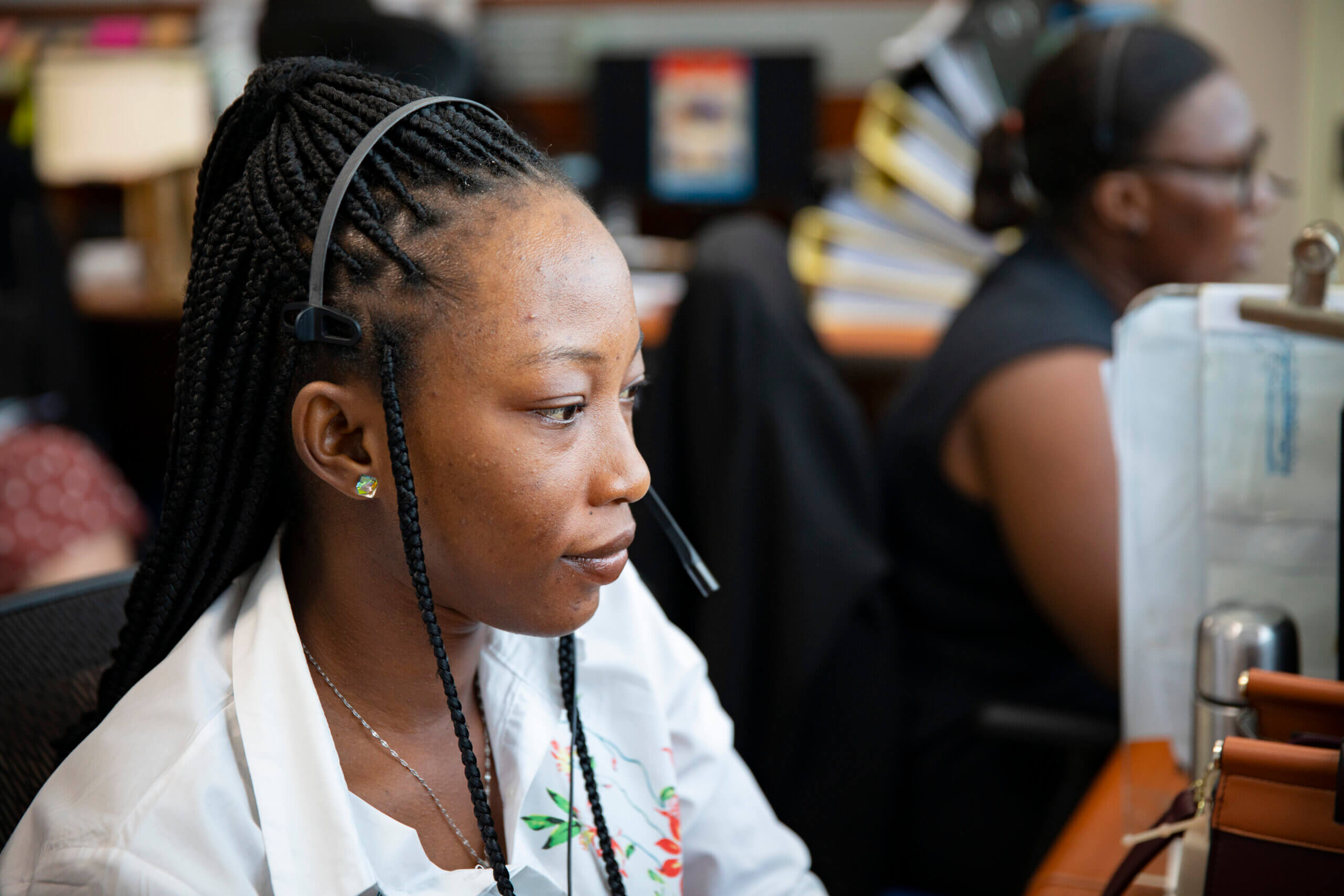The climate crisis is hurting women. Here’s how we’re helping.
When a drought hit Maradi, Niger, many men left to find work—and Hinda Elhj Abdo was left alone with four children. “How do you manage on your own?” she asked.
For many of the women who we serve, the climate crisis isn’t just something they read about in the news. It’s something they experience every day.
When drought strikes their community, they’re the ones who have to walk farther to find water. When heat waves dry up their crops, they have to figure out how they’ll feed their families. And when natural disasters strike—as they have increasingly often—studies show that women have a harder time recovering from the destruction.
Around the world, the climate crisis is disproportionately affecting the most vulnerable, including women and girls. If we want to build more climate change resilient communities, we need to empower women. That starts with access to sexual and reproductive healthcare.
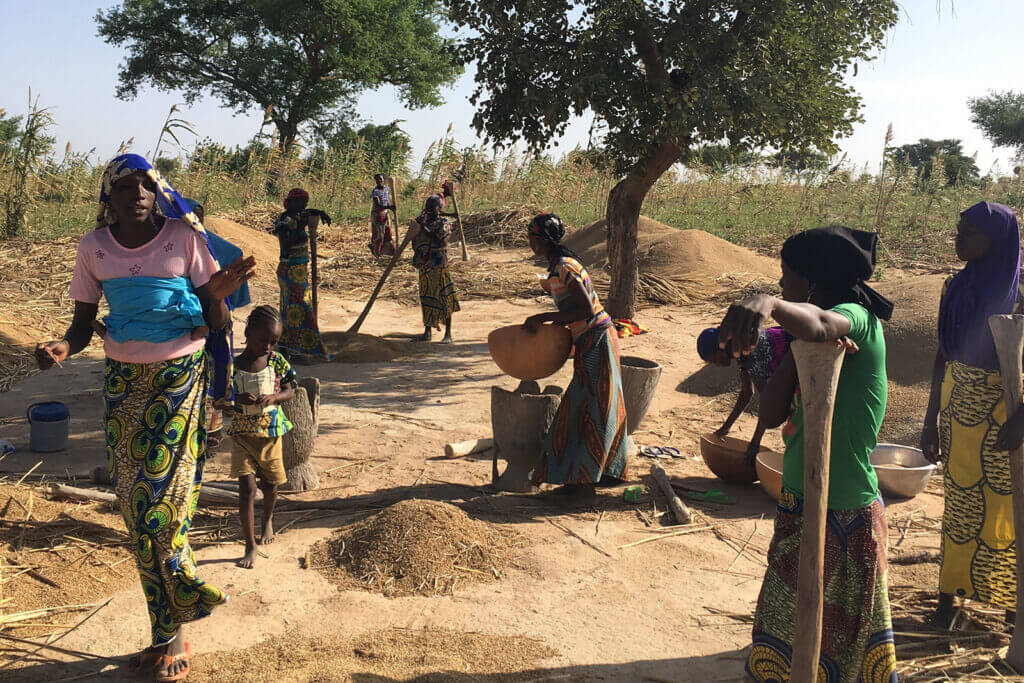
How the climate crisis affects access to reproductive healthcare
In some cases, climate crises directly impact women’s ability to get the healthcare they need.
- Last year in Zambia, MSI teams had to carry their gear across flooded roads to reach a community that had been cut off from health services.
- In Pakistan, historic flooding also limited access to reproductive healthcare.
- In Malawi, Tropical Storm Ana swept away multiple MSI outreach vehicles, leaving women in these communities with less access to healthcare.
When natural disasters are severe enough to drive people from their homes, they often lose access to essential services like reproductive healthcare. Faith Pyentim, a provider in Nigeria, described how important contraception is for women who have been forced from their homes: “They were so afraid of becoming pregnant in such an uncertain environment. So when they hear there is family planning, they rushed to come and get it.”
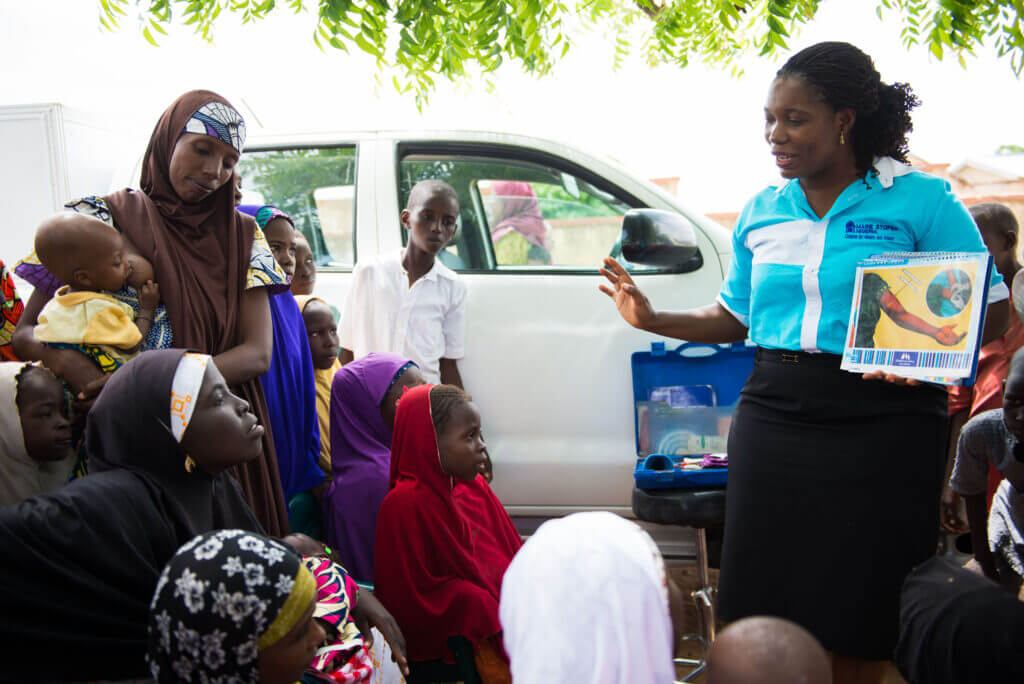
How reproductive healthcare helps communities become resilient
When women can control if and when they have children, it advances gender equality. Equality starts with education. In many of the countries where we work, girls are more likely to become pregnant than to finish their education. That means they miss out on knowledge and skills they need to respond and adapt to climate change—and the chance to earn a higher income, building their resilience.
With education comes opportunity to diversify financial resources. MSI clients have gone on to become teachers, hairdressers, accountants and more. With the ability to control if and when they become pregnant, they can earn additional income for their families, making them better able to recover from disasters.
In Bangladesh, we trained women in areas impacted by climate disasters to sell sexual and reproductive health supplies in their communities. The women became entrepreneurs, supporting their families while ensuring reproductive healthcare would remain available in a disaster.
Finally, with greater control over their bodies, women are more able to contribute to climate solutions in their communities. Project Drawdown, the world’s leading source of climate solutions, shows that women- and girl-centered approaches are among the 100 best solutions to reverse global warming.
We saw this through our work in Madagascar, where we brought reproductive healthcare to villages in and around protected forests. Women who used family planning were more likely to be active in efforts to protect the forest.
Freed from the risk of unintended pregnancy, women can contribute to their community’s resiliency, ability to adapt and to building a sustainable future.
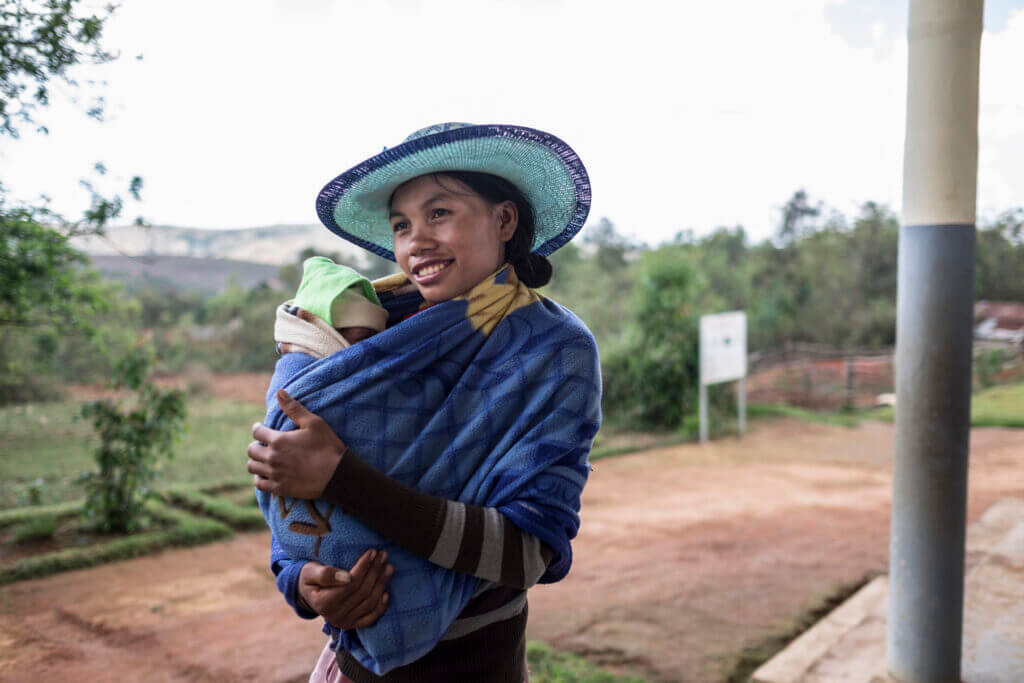
Keeping choice at the center
At MSI, choice is at the heart of everything we do. We believe that every woman, no matter where she lives, should be free to make her own choices about her body and her future. We’re working towards a world where everyone who wants contraception can access it—one where ultimately, the choice is always hers.
Hinda, the mother of four from Niger who struggled when the rains didn’t come, has become a champion for reproductive healthcare in her community. She shares how contraception has helped her and her family: “I want to leave time between my births for my children to be healthy and blossom. I want a good future for my children.”
With your support, we can help communities on the front lines of the climate crisis build resilience. In a changing world, helping women control their own bodies means giving them the chance at a more secure future.
Read more >> Three things to know about choice and the climate crisis



